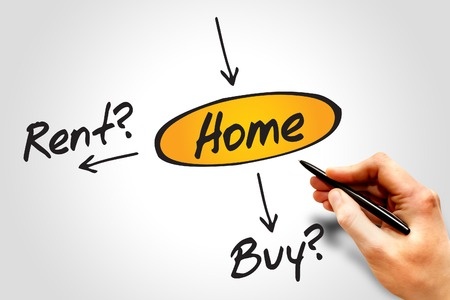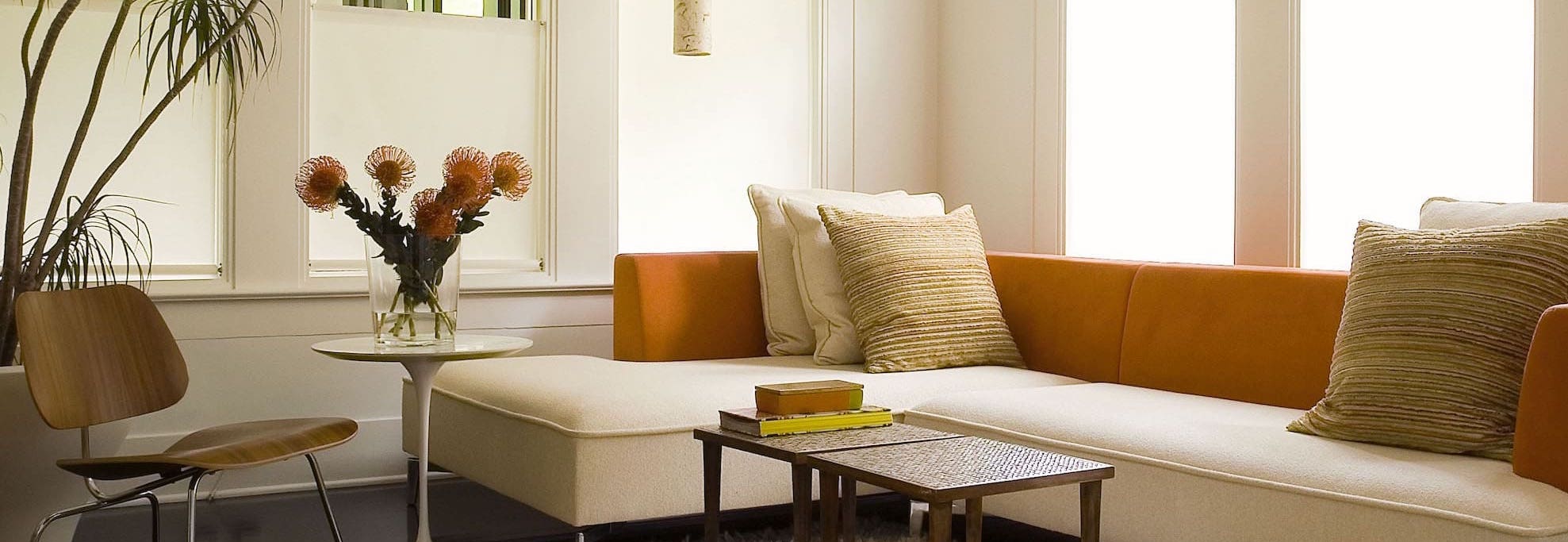 It’s an age-old question: should you rent or buy? If faced with this dilemma, consider the following questions, courtesy of the American Bankers Association (ABA).
It’s an age-old question: should you rent or buy? If faced with this dilemma, consider the following questions, courtesy of the American Bankers Association (ABA).
1. How much do you have saved?
Start with an evaluation of your financial health. Figure out how much money you have for a down payment or deposit on a rental. Down payments are typically 5 to 20 percent of the price of the home. Security deposits on rentals are usually about one month of rent and more if you have a pet. Be sure to keep enough in savings for an emergency fund. It’s a good idea to have three to six months of living expenses to cover unexpected costs.
2. How much debt do you have?
Consider all of your current and expected financial obligations like your car payment and insurance, credit card debt and student loans. Make sure you will be able to make all of the payments in addition to the cost of your new home. Aim to keep total rent or mortgage payments plus utilities to less than 25 to 30 percent of your gross monthly income.
3. What is your credit score?
A high credit score indicates strong creditworthiness. Both renters and homebuyers can expect to have their credit history examined. A low credit score can keep you from qualifying for the rental you want or a low interest rate on your mortgage loan. If your credit score is low, you may want to take steps to raise your score, which could improve the terms you’re offered, before entering a loan or rental agreement.
4. Have you factored in all the costs?
Create a hypothetical budget for your new home. Find the average cost of utilities in your area, factoring in gas, electricity, water and cable. Find out if you will have to pay for parking or trash pickup. Consider the cost of yard maintenance and other costs like replacing the air filter every three months. If you are planning to buy a home, factor in real estate taxes, mortgage insurance and possibly a homeowner association fee. Renters should consider the cost of rental insurance.
5. How long will you stay?
Generally, the longer you plan to live someplace, the more it makes sense to buy. Over time, you can build equity in your home. On the other hand, renters have greater flexibility to move and fewer maintenance costs. Carefully consider your current life and work situation and think about how long you want to stay in your new home.
Source: ABA.com







